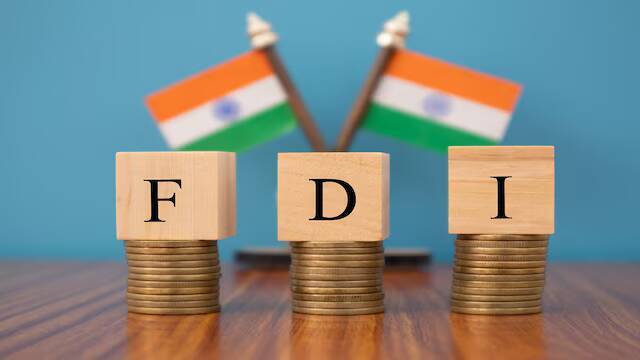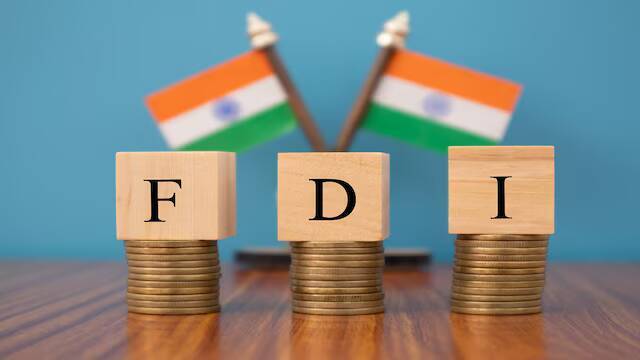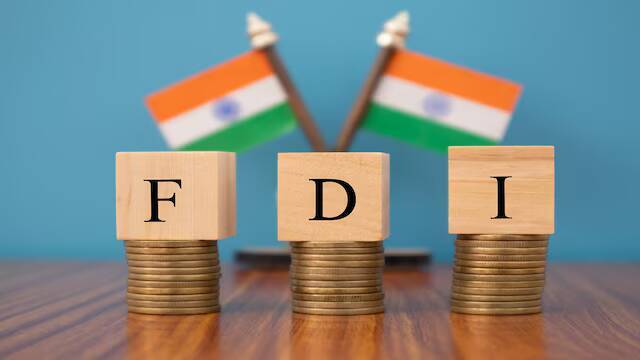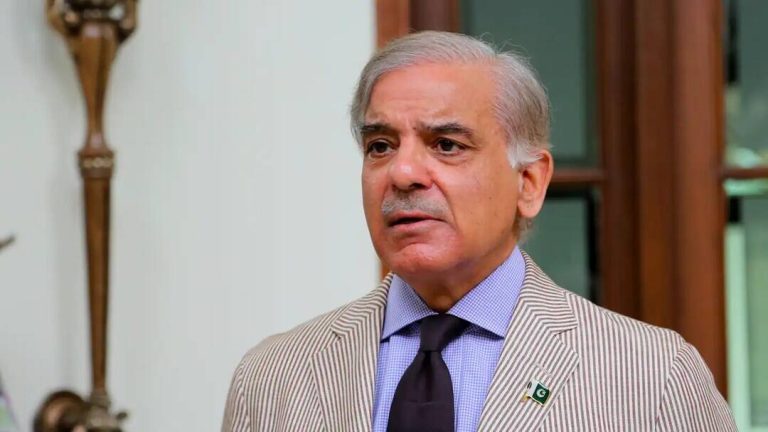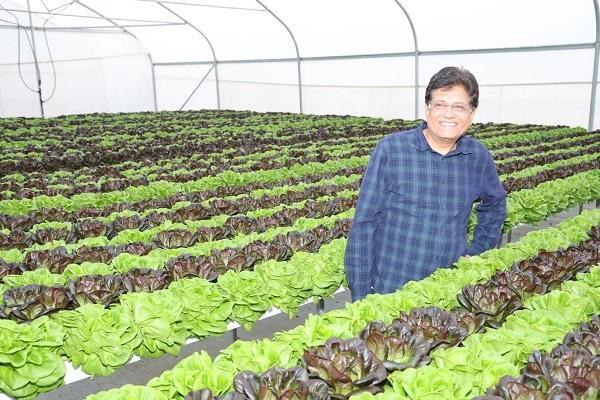
Piyush Goyal explores tech & sustainability in Israel
In a bid to strengthen economic ties between India and Israel, Commerce and Industry Minister Piyush Goyal recently embarked on a visit to the Middle Eastern nation. During his trip, Goyal had the opportunity to experience firsthand the world-class mobility technology that Israel has to offer, as well as witness community-driven sustainable agriculture practices. These experiences not only showcased the country’s innovative prowess but also highlighted potential areas of collaboration between the two nations.
One of the key highlights of Goyal’s visit was his experience with Israel’s cutting-edge mobility technology. The country is renowned for its expertise in this field, with numerous startups and companies working on developing innovative solutions for transportation. From smart traffic management systems to electric and self-driving vehicles, Israel has been at the forefront of mobility technology. Goyal had the chance to see these advancements up close, which could potentially be replicated in India to improve the country’s transportation infrastructure.
In addition to exploring mobility technology, Goyal also had the opportunity to witness community-driven sustainable agriculture practices in Israel. The country is known for its innovative approaches to agriculture, despite being a water-scarce nation. Israel has developed unique methods for conserving water and increasing crop yields, making it a leader in sustainable agriculture. Goyal’s visit to these agricultural projects showcased the potential for India to adopt similar practices, which could help improve the country’s agricultural sector and promote sustainable farming methods.
Goyal’s visit to Israel also marked an important milestone in the economic relationship between the two countries. During his trip, he set in motion the process for free trade agreement (FTA) negotiations between India and Israel. The FTA is expected to boost trade between the two nations, providing Indian businesses with greater access to the Israeli market and vice versa. This agreement could also lead to increased investment in key sectors such as technology, agriculture, and manufacturing.
The potential benefits of an India-Israel FTA are numerous. For Indian businesses, the agreement could provide access to Israel’s innovative technology and startup ecosystem, which could help drive growth and innovation in key sectors. Similarly, Israeli companies could benefit from access to India’s large and growing market, as well as the country’s skilled workforce. The FTA could also lead to increased cooperation in areas such as research and development, which could drive innovation and growth in both countries.
During his visit, Goyal also had the chance to witness other innovations that India can implement at scale. One such area is Israel’s expertise in water management and conservation. The country has developed unique technologies for conserving water and reducing waste, which could be highly beneficial for India. With many parts of the country facing water scarcity, Israel’s expertise in this area could help India develop more sustainable water management practices.
Another area where Israel has shown significant innovation is in the field of renewable energy. The country has made significant strides in developing solar and wind energy, and has implemented numerous projects to promote the use of renewable energy. Goyal’s visit to these projects highlighted the potential for India to adopt similar approaches, which could help reduce the country’s reliance on fossil fuels and promote sustainable energy practices.
In conclusion, Piyush Goyal’s visit to Israel was a significant step forward in strengthening economic ties between the two nations. From experiencing world-class mobility technology to witnessing community-driven sustainable agriculture practices, Goyal’s trip showcased the numerous areas where India and Israel can collaborate and learn from each other. The potential for an FTA between the two countries is also a major development, which could lead to increased trade and investment in key sectors. As India continues to grow and develop, it is essential that the country looks to nations like Israel for inspiration and innovation, and works to implement these ideas at scale.
